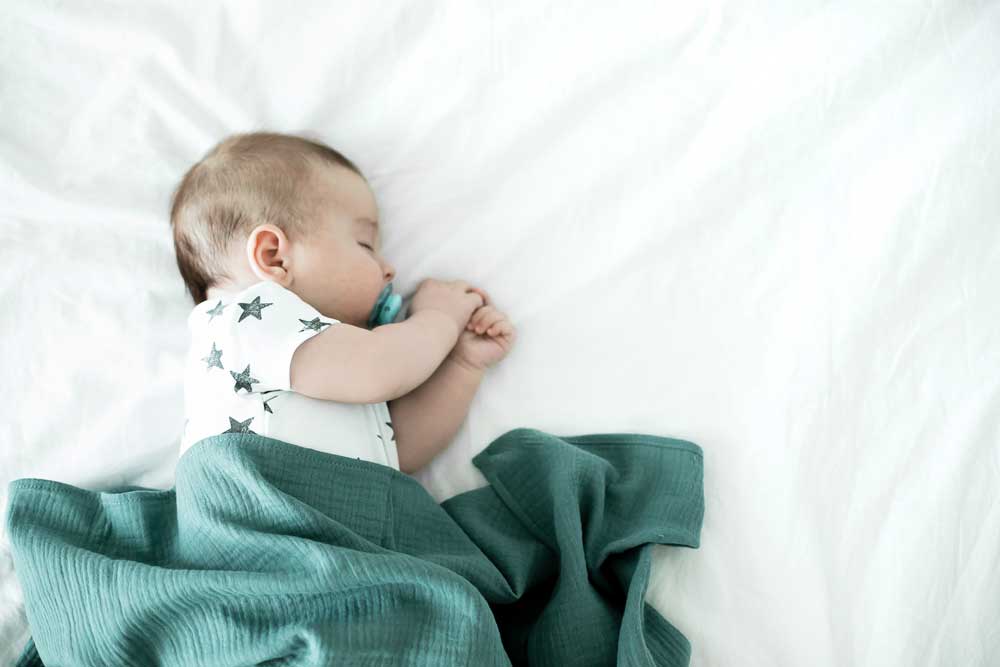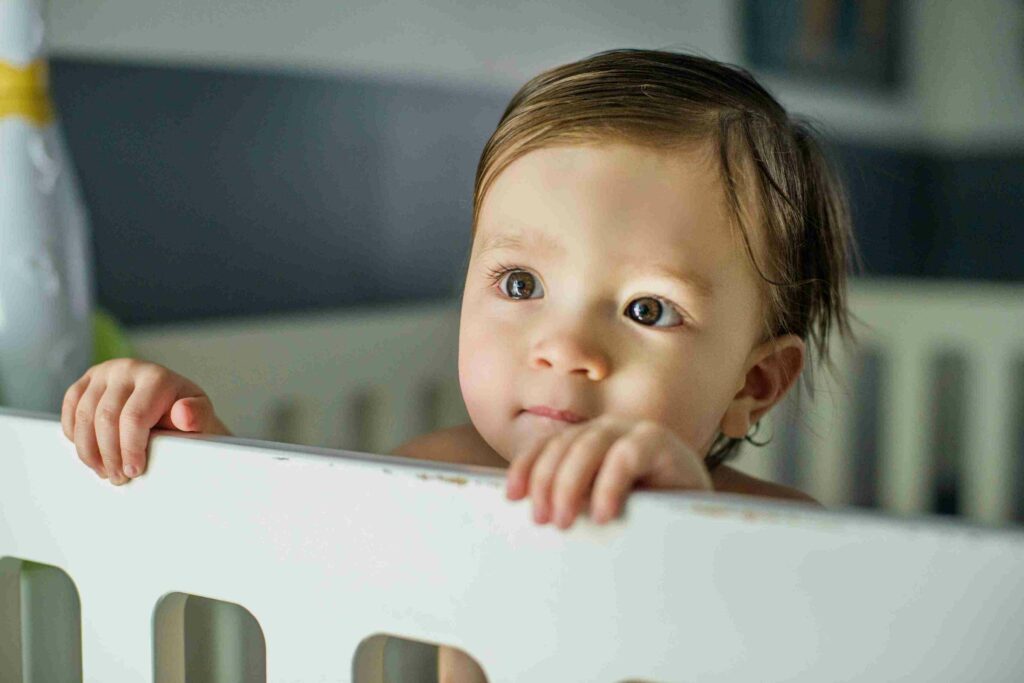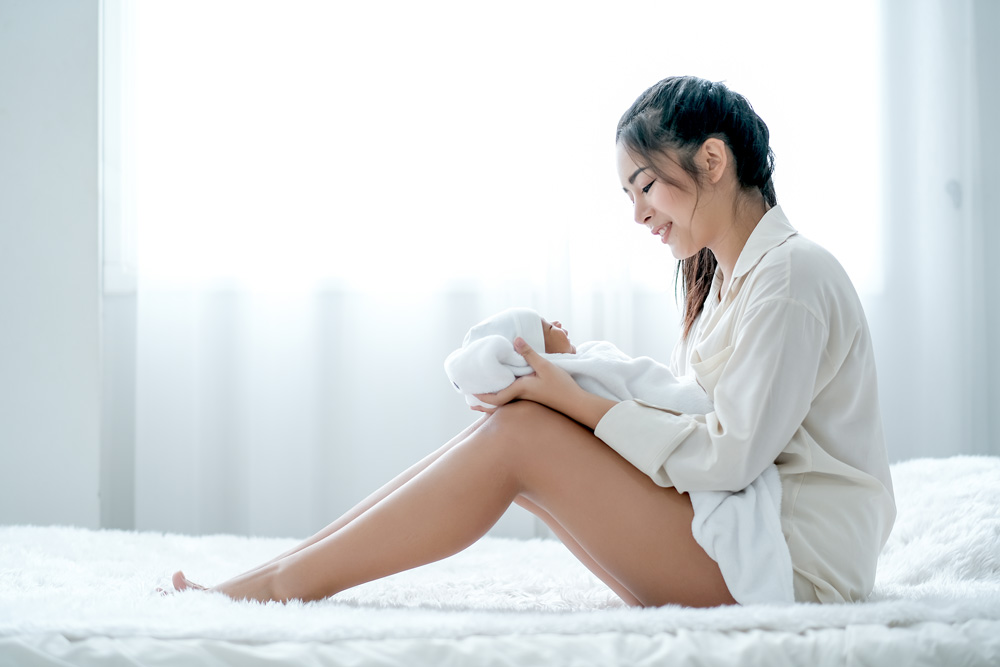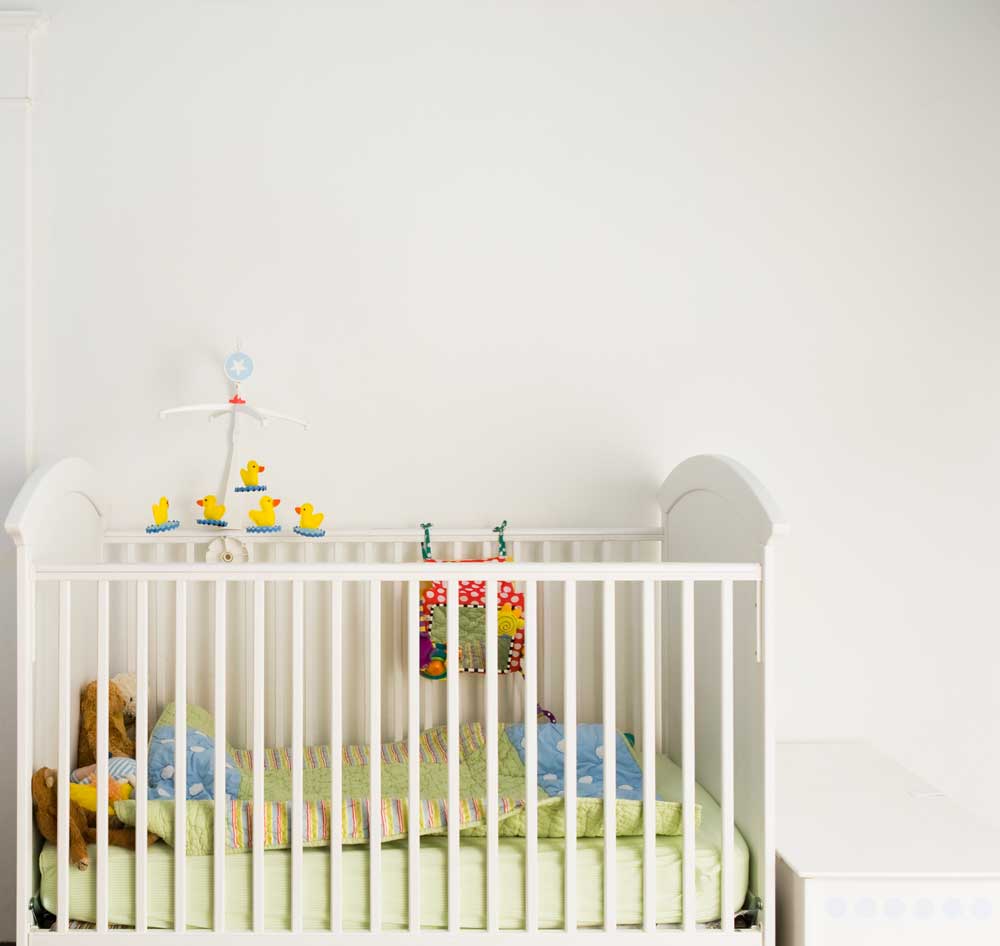
How to Create a Safe and Comfortable Sleep Environment for Your Baby
As parents, one of the most important tasks is ensuring that your baby sleeps soundly and safely. Creating a sleep environment that is both secure and comfortable is essential for your baby’s well-being and your peace of mind.
In this article, we will explore the key steps to achieve this goal, including the use of a baby crib, and we’ll introduce you to a range of products available at KIKI & SEBBY that can help you in this journey.
The Importance of Safe Sleep
Quality sleep is crucial for your baby’s physical and cognitive development. It’s during sleep that the brain processes new information and grows. A safe sleep environment significantly reduces the risk of Sudden Infant Death Syndrome (SIDS), which is a concern for every parent.
Choosing the Right Baby Crib
When selecting a baby crib, ensure that it meets the current safety standards. Look for certifications and check for recalls. Your baby’s crib should be sturdy and durable. It should withstand the test of time, providing a secure sleeping space. Select a firm mattress designed for use with your specific crib. A properly fitted mattress is essential for your baby’s safety.
Positioning the Crib
Room sharing with your baby for at least the first six months is recommended. This allows you to keep a close eye on your baby during the night. Place the crib away from windows, cords, curtains, and blinds. Keep it clear of any potential hazards.
Bedding and Sleepwear
Use a fitted sheet specifically designed for your baby’s crib. Avoid any additional bedding, such as pillows, blankets, or bumper pads. Dress your baby in suitable sleepwear for the room temperature. Overheating should be avoided as it can increase the risk of SIDS.
Maintaining the Sleep Environment
Keep your baby’s sleep environment consistent. The crib, mattress, and bedding should remain unchanged. Maintain a comfortable room temperature for your baby. Use a room thermometer to ensure it’s neither too hot nor too cold.
Supervision and Monitoring
Consider using a baby monitor to keep an eye and ear on your baby while they sleep. This provides peace of mind and allows you to respond quickly if your baby needs you. Periodically check on your baby during sleep. Make sure they are sleeping comfortably and safely. Ensure your baby receives recommended vaccinations. Some vaccinations protect against illnesses that could lead to SIDS.
Other Safety Considerations
Your baby’s sleep environment should be smoke-free. Avoid smoking near the crib or in the room.
Sleep Routine
Establish a regular bedtime routine for your baby. Consistency in sleep times can help your baby develop good sleep habits. Incorporate calming activities before bedtime, such as gentle lullabies, a warm bath, or reading a bedtime story. These activities can signal to your baby that it’s time to sleep.
Creating a Relaxing Environment
During nighttime feeds or checks, use soft, dim lighting to avoid disrupting your baby’s sleep patterns. Some babies find white noise soothing. You can use a white noise machine to create a consistent and calming background sound.
Responding to Cries
When your baby cries, respond promptly. Comforting your baby when they need it fosters a sense of security and trust. As your baby grows, encourage self-soothing by allowing them some time to settle on their own. This gradual independence can help your baby learn to soothe themselves back to sleep.
Conclusion
Creating a safe and comfortable sleep environment for your baby is a lifelong commitment that evolves as your child grows. The choice of a baby crib is just the beginning, as it sets the foundation for healthy sleep habits and safety.
To explore a range of baby cribs and other essential baby products designed for safe sleep, visit our online shop. With our commitment to quality and safety, you can easily find products that can help you create a secure and comfortable sleep environment for your baby.

Your Quick Guide to the Ultimate Baby Cribs in Singapore

Parenting and Financial Planning: Budgeting for a New Baby









